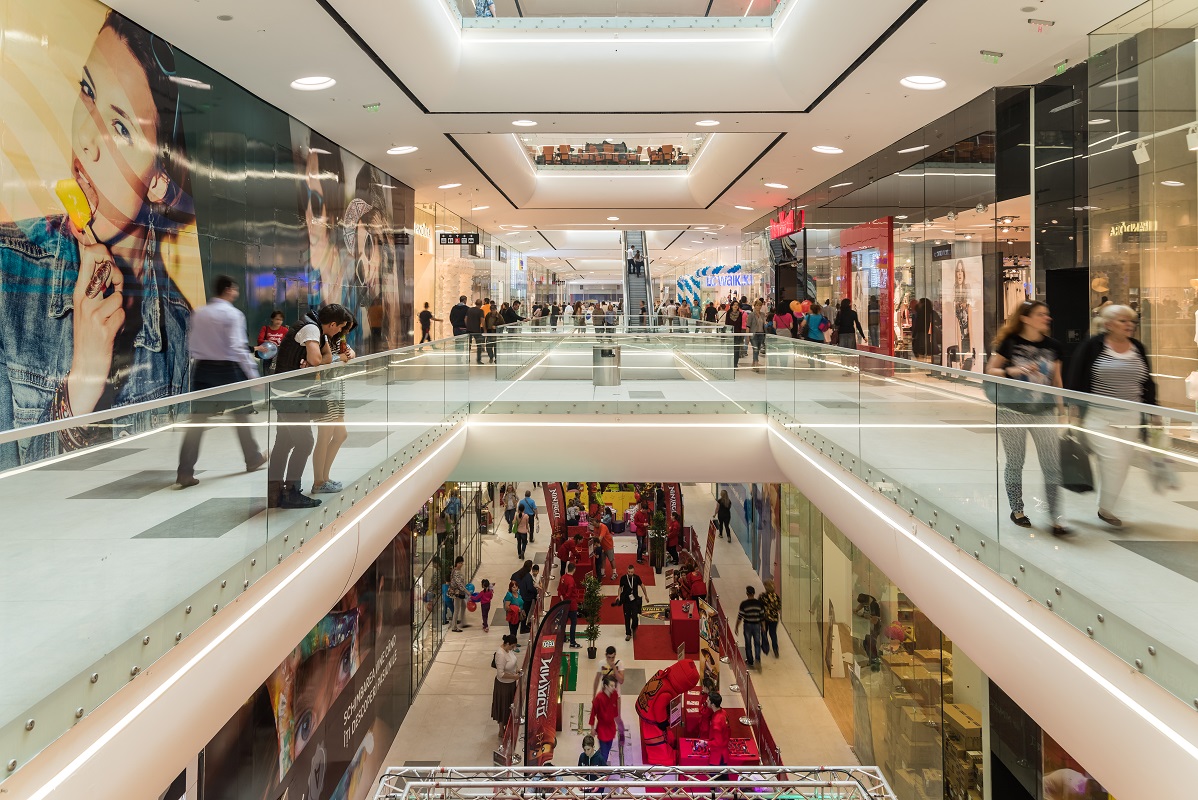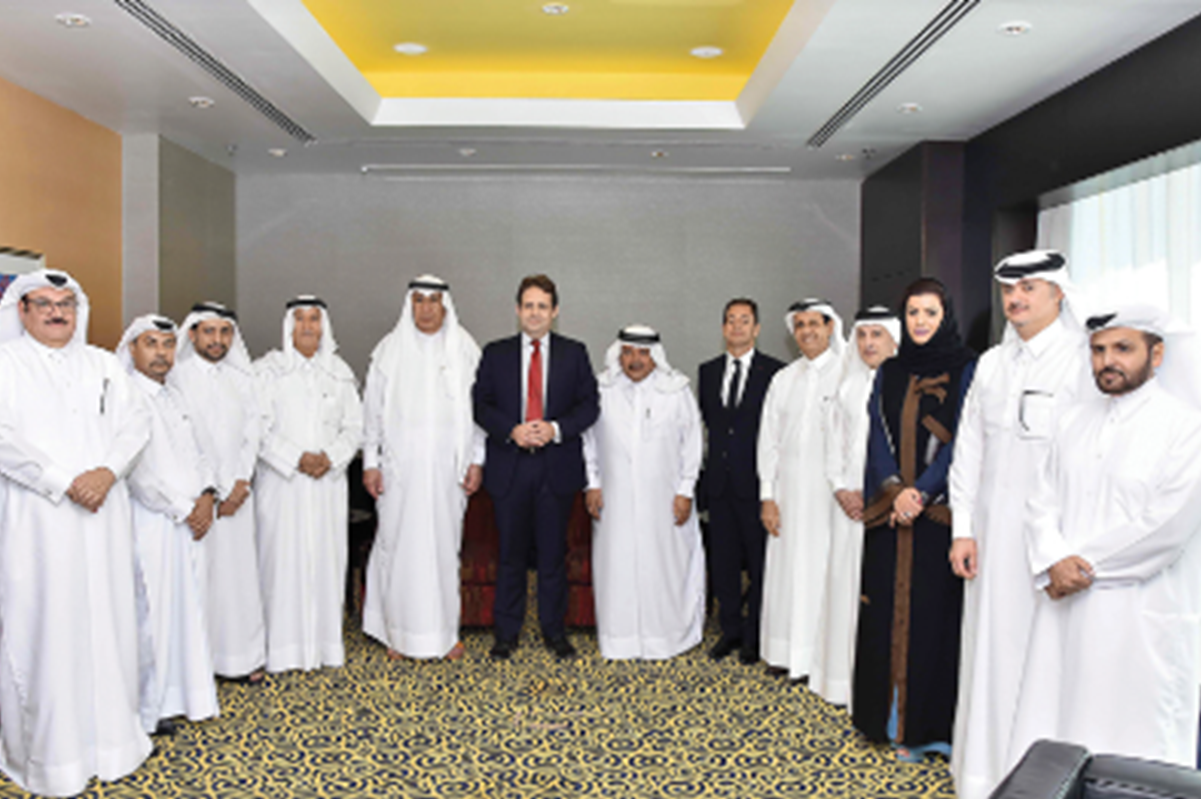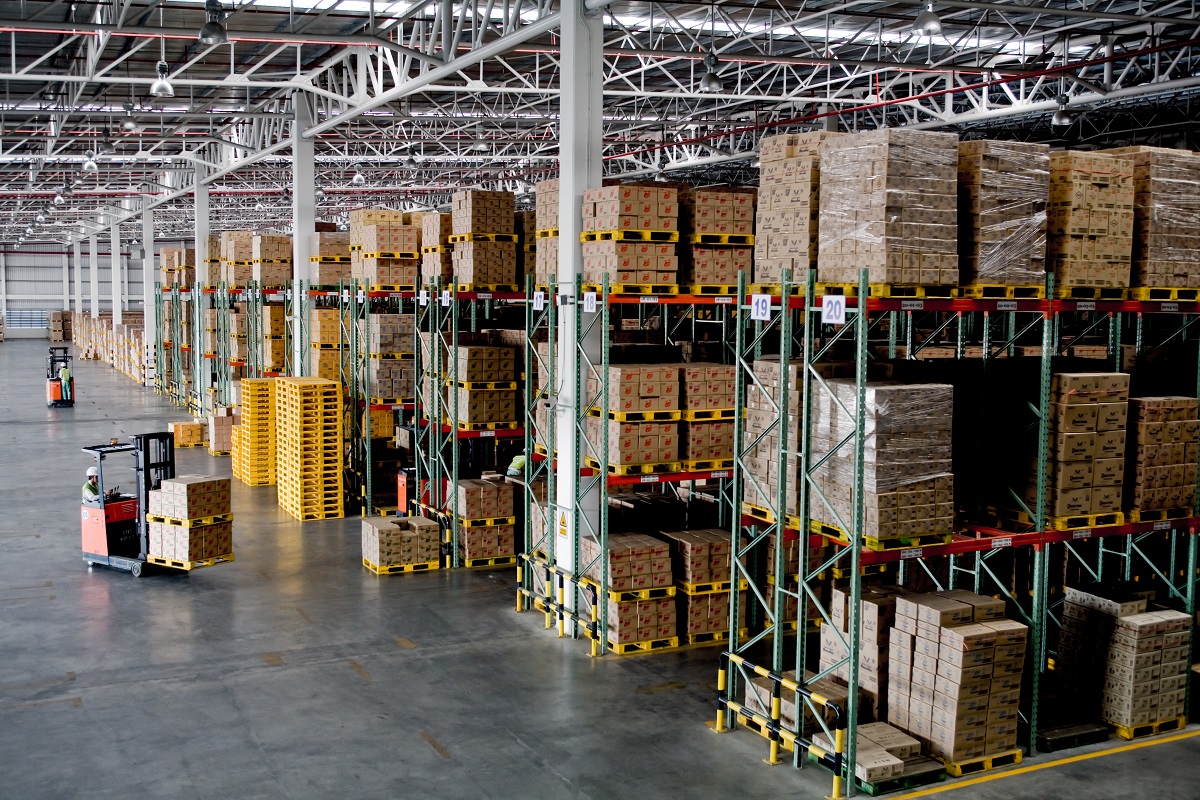Find your property
Sell your property
Secure your transactions
Business Formation and M&A
Tax Advisory
Comply with the legislation
Country profile: Doing Business in France
France has a population of 64.6 million and an area of 547,030 sq km. Since 2013 unemployment has steadily held at around 10 percent, touching 10.5 percent in July 2015 and falling to 9.9 percent a year later.
Along with Germany, Italy and the United Kingdom, France is a member of the G7. A group of nations representing the most advanced in the world and accounting for over 60 percent of the world’s wealth. The 42nd summit of these countries was held in Japan in 2016. Canada and the United States are also members.
France is one of the co-founders and leading players within the European Union and is also one of the original members of the United Nations. There are more tourists visit France every year than anywhere else in the world, with the country welcoming over 84 million visitors in 2015.
Economy of France
France has the 9th largest economy in the world with 29 of the world’s top 500 companies (According to Forbes). The country has a major aerospace industry with Airbus headquartered at its Saint Martin site, Blagnac, a suburb of Toulouse. Airbus is a truly European operation and has 16 sites in fo nations, France, Germany, Spain and United Kingdom. Final assembly is based at Toulouse, France, Hamburg, Germany and Seville, Spain. The company builds the world’s biggest passenger airliner, the 380.
French company AXA is the world’s largest insurance company, while France is a major agricultural nation exporting wheat, poultry, dairy, beef and pork. Wine, of course, from regions such as Champagne and Bordeaux are major exports. Just under four percent of the French workforce are employed in agriculture.
France is also a major manufacturer of cars, with domestic brands Renault, Peugeot and Citreon.
France’s energy sector
France was the fourth nation on Earth to secure nuclear energy. Because of heavy investment in nuclear power France is one of the greenest nations in the G8 (G7 plus the Russian Federation). Nuclear generation produced 77 percent of France’s electricity in 2013, though the industry in France is almost completely owned by the government. Energie de France (EDF), headquartered in Paris, are one the largest electricity producers in the world. As well as power generation and distribution, EDF also design power plant, take part in construction, and the dismantling process.
French stock exchange
La Bourse de Paris, the original French stock exchange, was introduced by Louis XV in 1724. In 2000 the stock exchanges of Paris (France), Amsterdam (Netherlands) and Brussels (Belgium) merged to become Euronext. France’s leading companies include Total, AXA, BNP Paribas, Engie, Credit Agricole and Carrefour.
French transport system
Paris Charles De Gaull and Paris Orly are the busiest airports in France accounting for 64 million and 29 million passengers respectively (2104). Other major air hubs include Nice, Lyon St Exupery and Marseille. France has a well-connected high speed rail network predominately operated by SNCF (National Society of French Railways) responsible for the TGV (Train A Grande Vitesse) the nation’s high speed train. Built in 1900, The Paris metro is the second busiest in Europe after Moscow. It has 302 stations with 214 kilometres (133 miles) of track. Lille, Lyon, Marseille, Rennes and Toulouse also have underground systems.
Written by Sergio Burns, the October, 14 2016 for Business Review Europe




